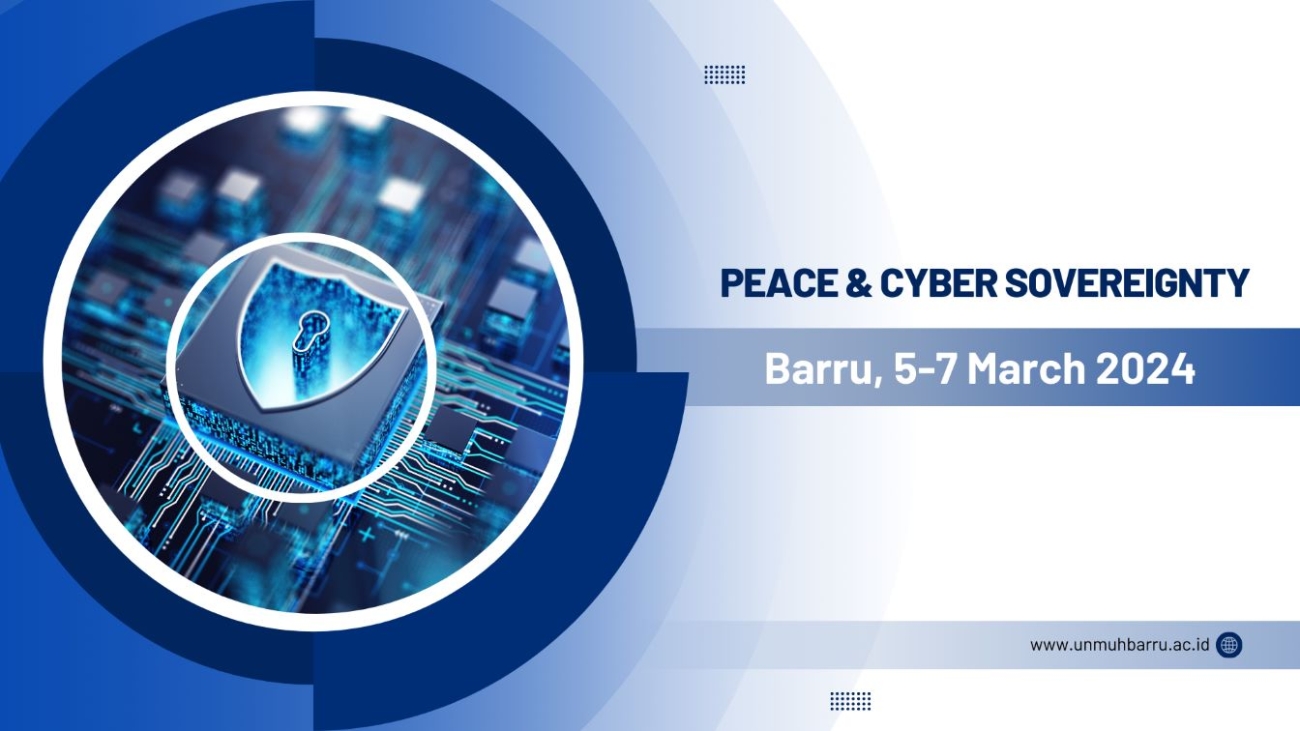Unmuhbarru.ac.id, Barru – The digital age has undeniably revolutionized the way we communicate, interact, and conduct our lives. While it has brought about numerous advancements and opportunities, it has also presented new challenges to the pursuit of peace. The interconnectedness facilitated by digital technologies has the potential to foster understanding and cooperation, but it can also be exploited to spread misinformation, incite violence, and exacerbate conflicts. Therefore, it is crucial to critically examine the role of digital technologies in shaping the future of peace and explore strategies to harness their potential for positive change.
One of the most significant challenges to peace in the digital age is the proliferation of misinformation and hate speech. Social media platforms and online forums can be easily weaponized to spread false narratives, incite hatred, and manipulate public opinion. This can fuel social divisions, erode trust in institutions, and even lead to real-world violence. The anonymity afforded by the internet can embolden individuals to engage in harmful behavior without fear of accountability. Addressing this issue requires a multi-faceted approach, including media literacy education, fact-checking initiatives, and the development of ethical guidelines for online platforms.
However, digital technologies can also be powerful tools for peacebuilding and conflict resolution. They can facilitate communication and dialogue between conflicting parties, promote cross-cultural understanding, and provide platforms for marginalized voices to be heard. Social media can be used to mobilize peace movements, raise awareness about human rights abuses, and advocate for social justice. Online platforms can also be used to provide education and resources to communities affected by conflict, fostering resilience and promoting reconciliation.
To effectively harness the potential of digital technologies for peace, it is essential to foster digital literacy and critical thinking skills. Individuals need to be equipped with the tools to critically evaluate information they encounter online, identify misinformation, and engage in constructive dialogue. Education systems should incorporate digital literacy into their curricula, and civil society organizations can play a crucial role in providing training and resources to communities.
Furthermore, international cooperation is essential to address the challenges posed by digital technologies to peace. Governments, international organizations, and civil society actors need to work together to develop norms and standards for online behavior, combat cybercrime, and promote responsible use of digital technologies. This includes addressing issues such as data privacy, online surveillance, and the use of artificial intelligence in warfare.
The future of peace in the digital age depends on our ability to navigate the complex landscape of online interactions and harness the potential of digital technologies for good. This requires a concerted effort from individuals, communities, governments, and international organizations to promote digital literacy, foster ethical online behavior, and address the challenges posed by misinformation and hate speech. By working together, we can shape a future where digital technologies contribute to building a more peaceful and just world.

